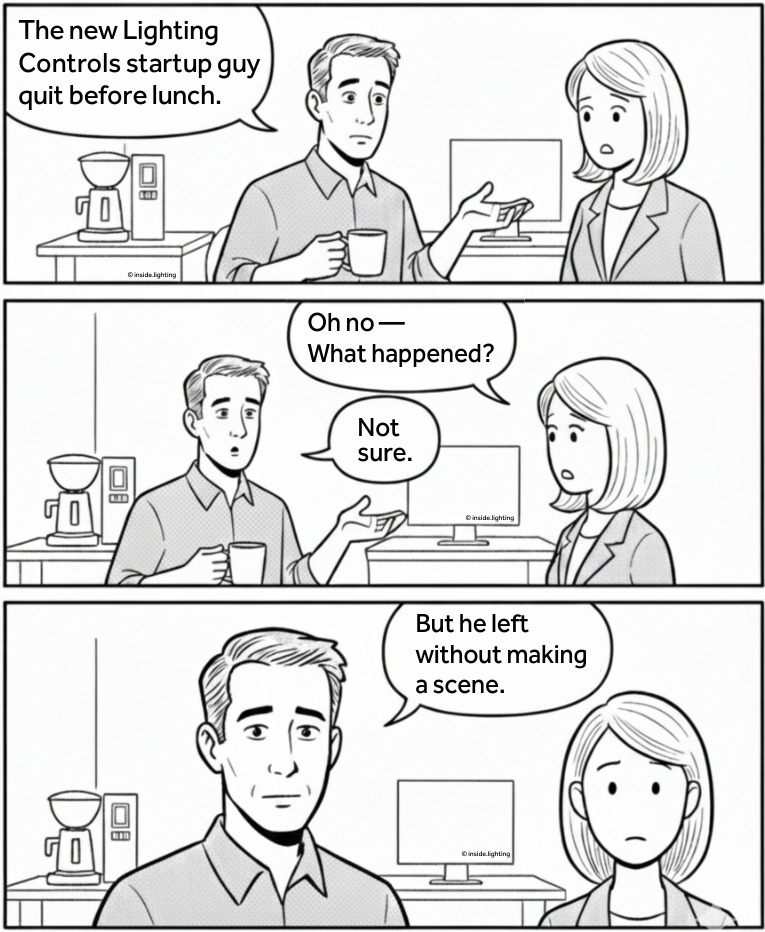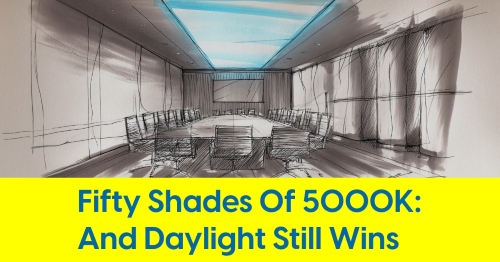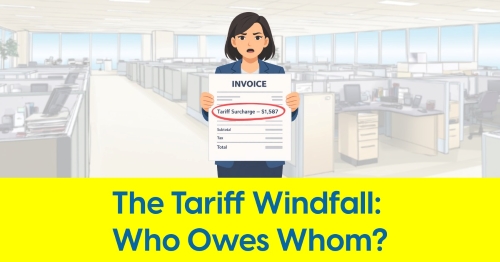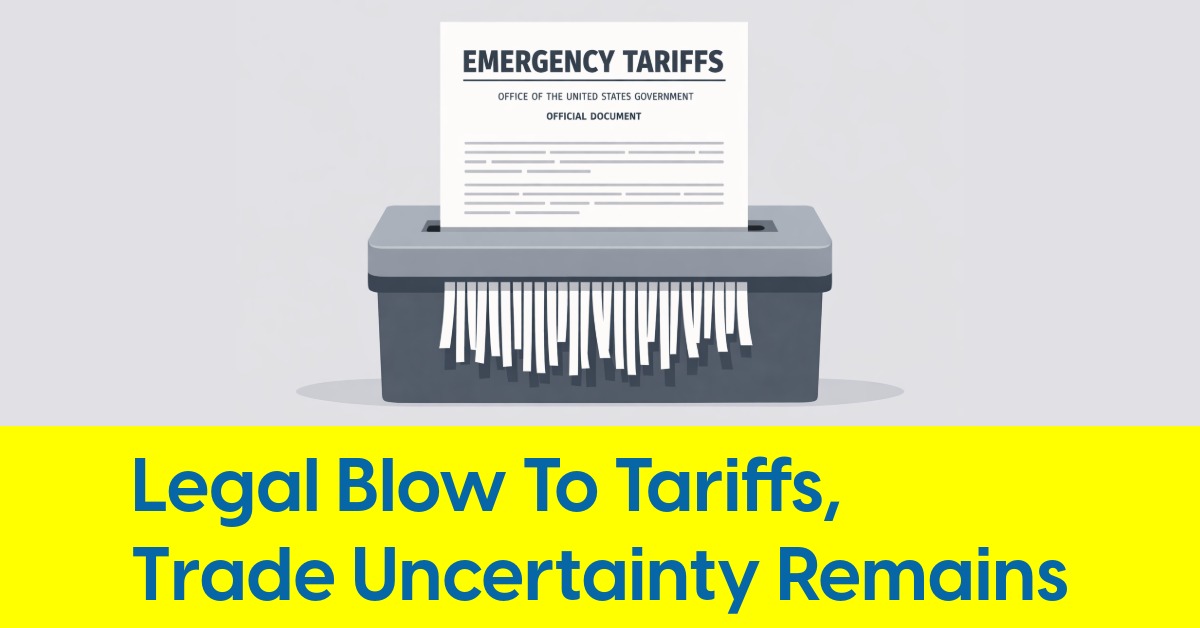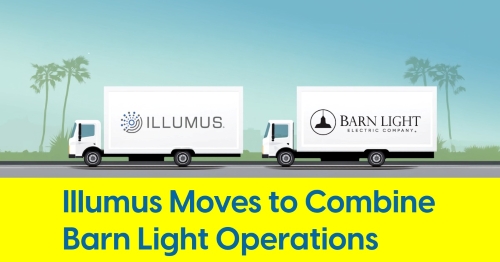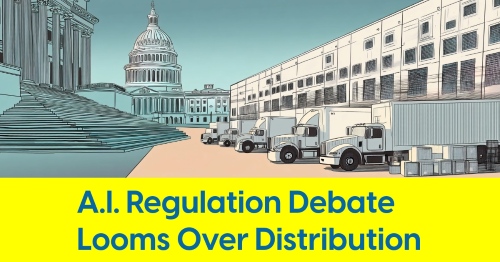September 16, 2025
It’s Official: Non-Competes Aren’t Going Anywhere

Despite years of noise, legal challenges, and regulatory attempts, employers still hold the cards
For a moment, it looked like the non-compete might finally die. In early 2024, the Federal Trade Commission surprised the business world by issuing a sweeping rule that would have banned most non-compete agreements nationwide — set to nullify millions of existing contracts and preempting nearly every state law on the books. The move was radical, unprecedented, and, ultimately, short-lived.
On September 5, 2025, the FTC quietly backed down. The agency formally withdrew its appeal in the Ryan, LLC v. FTC case and acceded to a federal court’s vacatur of its rule.
“The Rule’s illegality was patently obvious,” wrote FTC Chairman Andrew Ferguson and Commissioner Melissa Holyoak in a joint statement. The message was clear: the FTC had overstepped. And just like that, the glimmer of hope many workers — and some competitors — held for increased mobility faded back into legal ambiguity.
What This Might Mean for Lighting People
The lighting industry didn’t wait to see how the FTC rule would play out. Non-compete agreements have long been standard practice among manufacturers, rep firms, and distributors — sometimes aggressively so.
We’ve published past articles highlighting agreements from companies like Acuity Brands, Cooper Lighting and Ecosense that historically used some form of non-compete, often bundled with incentive plans or exit agreements. Lighting agencies, too, have played hardball. Diversified, the major Philly-based rep, has invoked non-competes multiple times in recent years. And just this August, Oklahoma's Triple C Lighting & Controls filed a suit against former employees, alleging violation of a restrictive covenant after they joined (or founded) a competing firm.
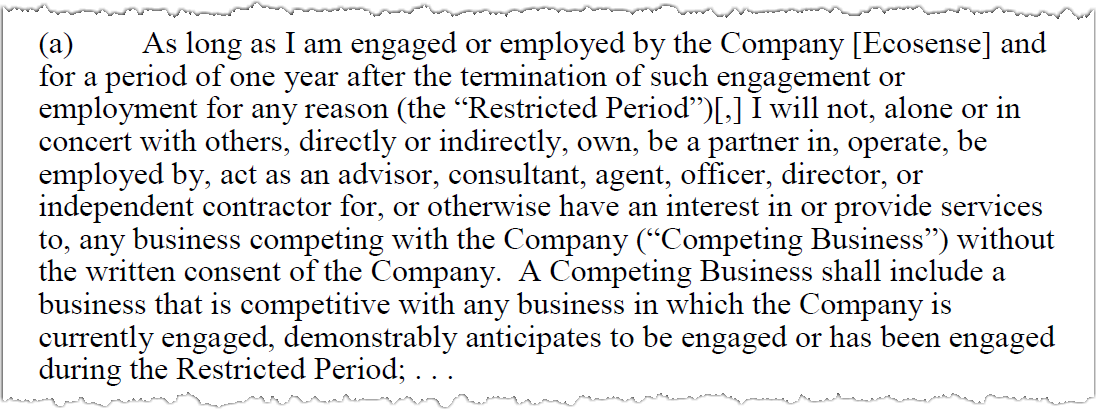
Above: Excerpt from Ecosense non-compete that was utilized many years ago.
None of these companies broke the law. Quite the opposite — they operated well within the current framework. And now that the FTC has abandoned its rule, they’ll likely keep doing so. Or more precisely: there’s no reason for them to stop.
Non-Solicitation: The Other Clause That Bites
While non-competes get the headlines, non-solicitation agreements are the real workhorses that create even more obstacles for sales and management workers. They're narrower but no less effective. Instead of barring someone from working at a competitor, a non-solicit prevents them from approaching current clients or customers with new business opportunities.
That distinction matters. Courts tend to enforce non-solicits more readily, especially when narrowly tailored to recent client contacts or protected information.
For lighting reps, where distributor contacts and spec relationships are everything, non-solicits can often achieve what a non-compete can’t: stifling competitive threats without venturing into unenforceable territory.
A Regulatory Dead End?
With the FTC rule dead, and no new legislation on the horizon, the legal environment reverts back to what it’s always been: state-by-state variation, slow litigation, and case-specific judgments.
There’s no federal ban. No sweeping reform. Just the same old patchwork — and, in some states, little to no restriction at all. Companies with sophisticated legal counsel can continue to deploy contracts that bind employees for months or years after their exit, so long as they’re written with a lawyer’s finesse.
The FTC’s enforcement path — case-by-case challenges to clearly egregious contracts — remains alive. But as Commissioner Ferguson put it bluntly: the FTC will “leave the legislating to the people’s representatives in Congress and in the States”.
In other words, don’t expect a crackdown anytime soon.
